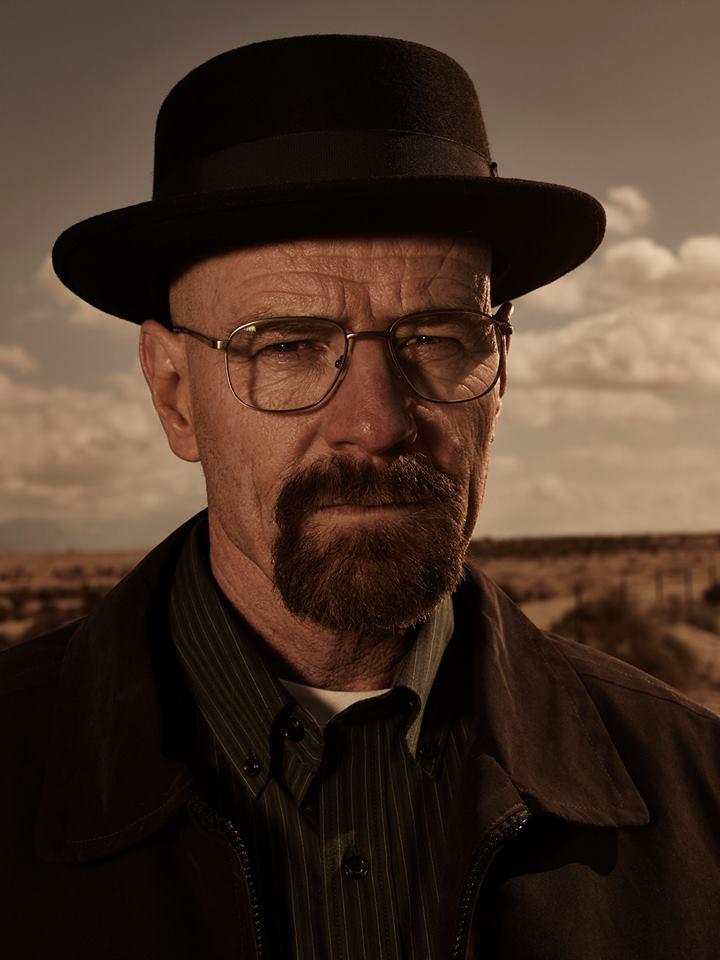All hail to the king—the king of methamphetamine.
The hit AMC drama “Breaking Bad” finally came to an end on Sunday with a record-breaking 10.3 million viewers, according to tvline.com.
The epic saga of a high school chemistry teacher turned drug kingpin to pay for his cancer treatment captivated audiences all over the world for the past five years, even making people question their sanity when rooting for an antihero character like Walter White.
Not since shows like “The Shield,” “The Wire” and “The Sopranos” have audiences across several demographics been hooked on the same series, eagerly waiting to talk about what happened the next day around the water cooler.
“Breaking Bad” was all about the chemistry, and sure enough series creator Vince Gilligan had the perfect formula to get audiences hooked; one part amazing story telling, one part fantastic acting from an immensely talented cast and just the right amount of believability in the science.
Oh and plenty of love mixed in for good measure.
To watch the evolution of Walter White becoming his drug kingpin alias of Heisenberg over five seasons, beautifully portrayed by actor Bryan Cranston, was an absolute delight and the complete opposite of what audiences were used to after seeing him as the goofy father on “Malcom in the Middle.”
Walter White was never seen as a threat by his enemies until it was too late.
Cranston won three Emmys for outstanding lead actor in a drama series because of it, winning them three consecutive years in a row.
At the start of the final season that debuted last year (season five was split into two parts; eight episodes last year, eight episodes this year), fans on message boards across the internet tried their best to guess how everything would end; who is the M60 machine gun meant for? Who exactly is he on the run from? Has Hank made the W.W./Heisenberg connection yet?
Gilligan and his writing staff did a superb job of not only teasing the viewers with hidden meanings and callbacks to earlier seasons in these final 16 episodes, but they also triumphed in tying up all loose ends and making sure the series finale was as memorable as it was satisfying.
Even the promos for the second half of the final season teased viewers with the famous Percy Bysshe Shelley poem “Ozymandias” read by White, seeming to suggest that the meth empire he has built may come crumbling down and soon be lost to the sands of time.
While White started cooking the purest of meth to help pay for his cancer treatments, later on when the money started piling up and his cancer went into remission was when he decided to save his millions to give to his family when he would eventually pass.
With the millions of dollars he was starting to make, another kind of cancer started to flow into him; greed.
The money and the power that came with it slowly started to corrupt him, transforming him from the loving father trying to provide for his family into the methamphetamine mastermind who had the power to make people disappear if they ever crossed him.
Audiences were torn when deciding whether to root for him or not, trying to justify his actions or hoping to see him face the consequences.
One of the messages the show always conveyed to the audience was everyone gets what’s coming to them, no matter how powerful one thinks they are.
In the end, “Breaking Bad” helped set the bar for other cable television shows, proving that if you have a good product—say, 99.1 percent pure—then audiences will tune in and watch.



































